Project to use low-cost biosensors to detect presence of pathogens
The National Science Foundation (NSF) has awarded a three-year, USD 1 million grant to a team of researchers led by electrical engineering professor Yan Luo from the University of Massachusetts Lowell to develop a data analytics platform that uses biosensors to detect harmful organisms such as Vibrio and Pseudomonas in aquaculture farms and coastal waters.
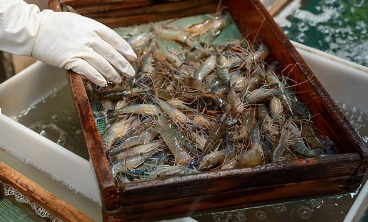
The project, called BioSPACE, which stands for Biosensing Surveillance of Pathogens in Aquaculture and Coastal Environments, is designed to continuously monitor the water in real-time and send an alert to take immediate steps to help prevent the spread of diseases.
BioSPACE aims to give farmers, environmental agencies and water-reliant industries a rapid, portable, easy-to-use and monitoring and early warning system that is low in cost, yet sensitive.
“Existing technologies for detecting waterborne pathogens, such as PCR, are too slow and costly for large-scale deployment,” Luo said.“Delayed test results can lead to the spread of pathogens, which can progress to coastal contamination and extensive aquaculture losses.”
Although Luo's research team has primarily concentrated on biosensor technology for public health uses, such as monitoring for the COVID-19 virus in municipal wastewater and sewage, this project marks its first effort to explore the technology in a complex setting like seawater.
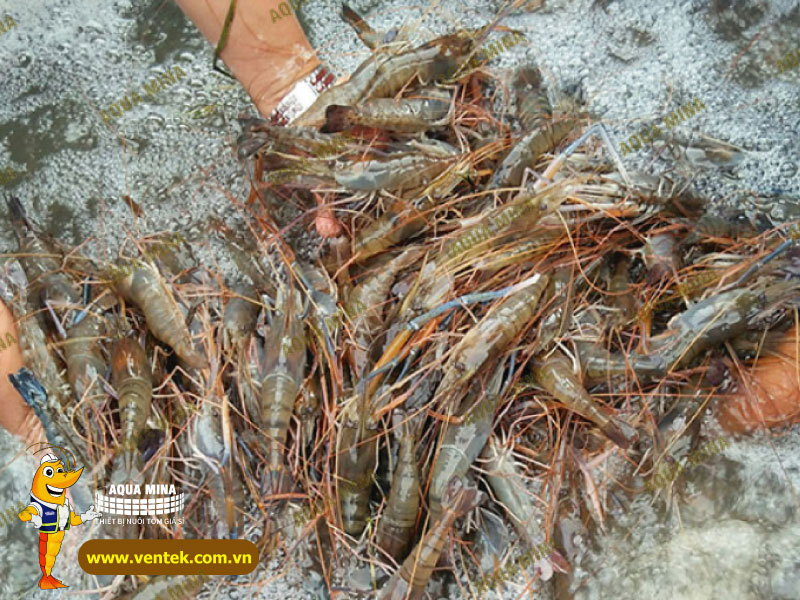
The team's initial targets are bacterial and viral pathogens such as Vibrio that occur in shrimp aquaculture and coastal waters and can lead to diseases in farm-raised aquatic animals and humans. “We will assess how well our biosensors will perform over time and how accurate they are in detecting specific aquatic pathogens, said Luo.
Cre: Hatchery Feed Management
Ngày đăng : 26/01/2024
1325 View
Other Articles
Indian shrimp pivot to the EU, increasing competitive pressure on Vietnam
Indoor shrimp farming in Europe: Investment challenges and the race to find a viable model
Shrimp production surged in the first month of the year, with exports benefiting from strong demand during the Lunar New Year holiday
Quang Ninh Accelerates Digital Transformation in Shrimp Farming, Rising to Lead Northern Vietnam
Lucky money is not just about cash — it’s Aqua Mina’s wish for a worry-free farming season for our valued customers
Việt Nam's top 10 seafood exporters command nearly one-fifth of industry revenue
Ca Mau Maintains Its Shrimp Brand in International Competition
VIETSHRIMP ASIA 2026 & AQUACULTURE VIETNAM 2026 – A TURNING POINT FOR THE MODERN SHRIMP FARMING INDUSTRY
Ecuador's shrimp industry educational program SustainED kicked off its 2026
An Giang will start raising brackish water shrimp as early as the beginning of 2026
Aqua Mina conducts the on-site installation of two aquaculture air blowers | Ceramic Ball Bearing – 15 kW – 25 kPa for a customer in Quang Ninh
Towards Building Brand Value for the Shrimp Industry








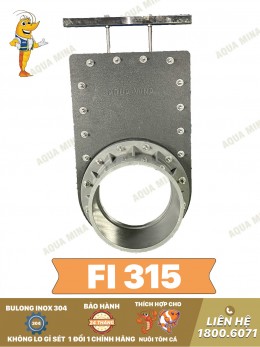
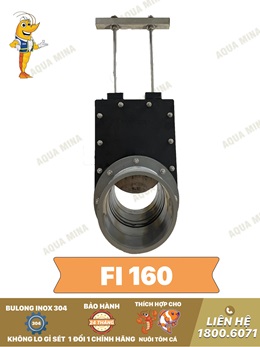
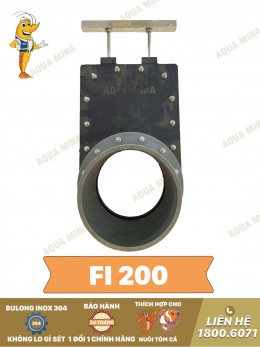
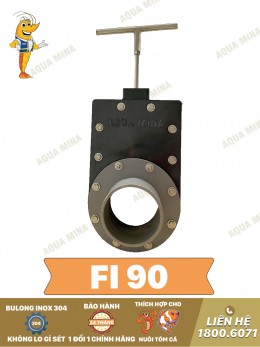
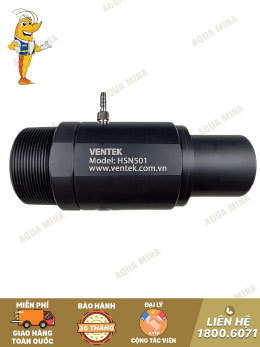
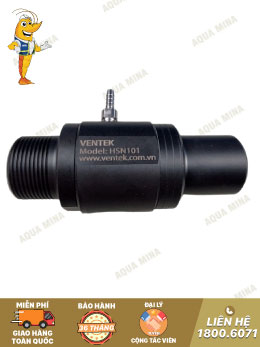
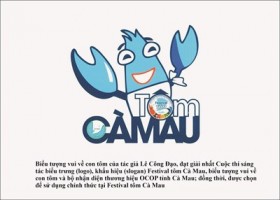
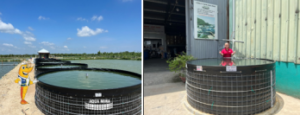
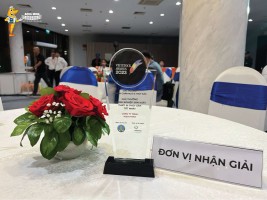
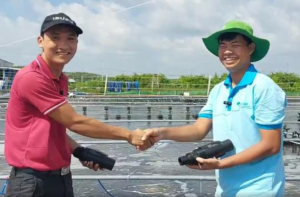
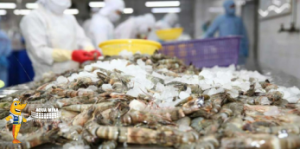
.jpg)